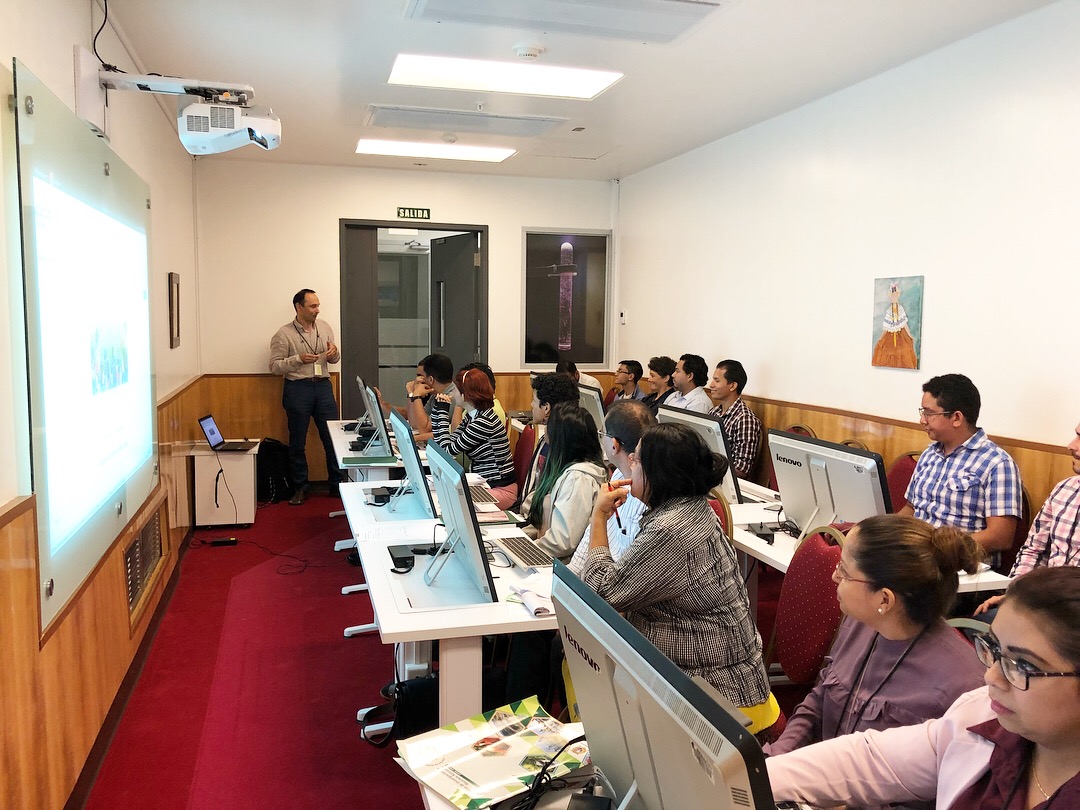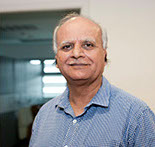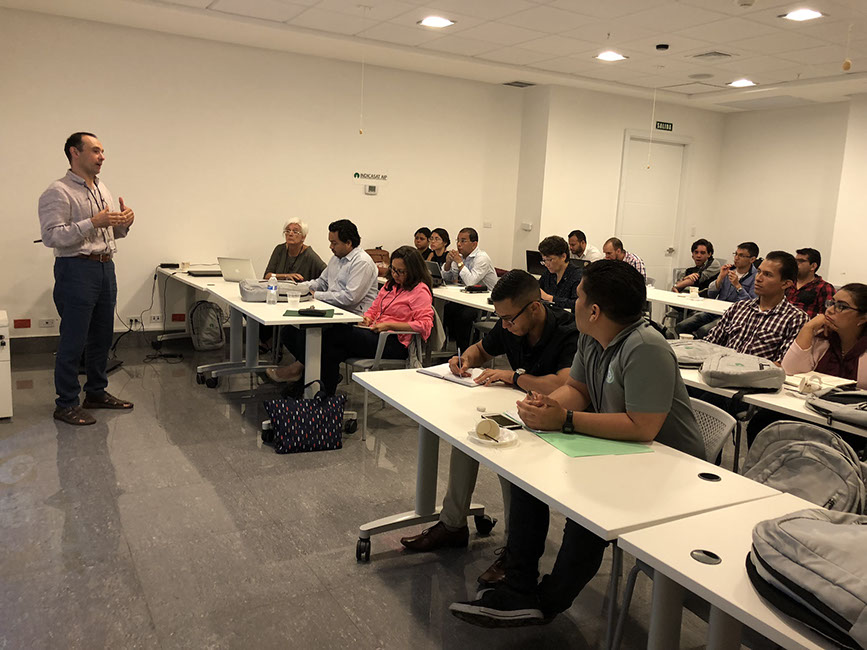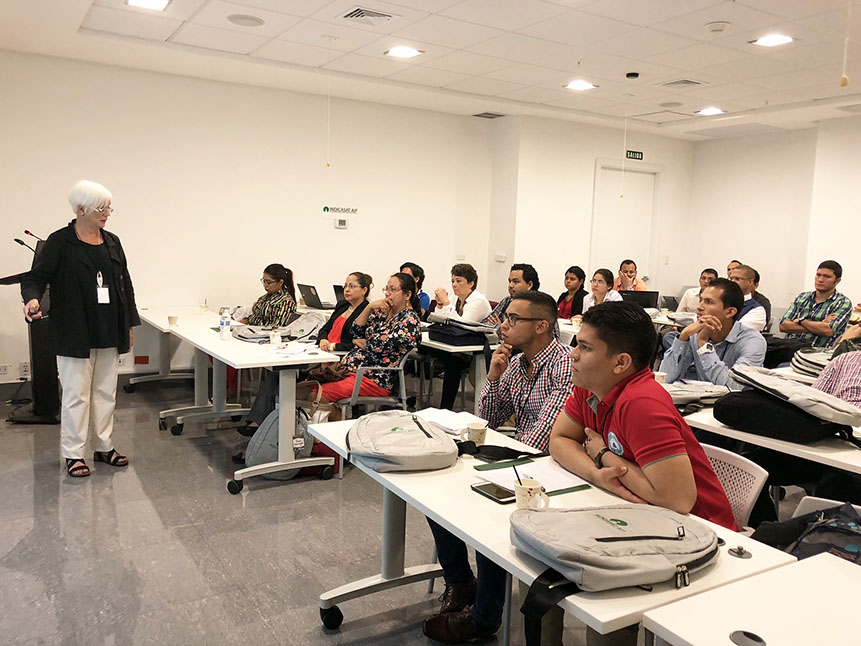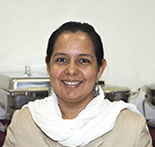
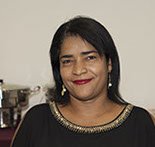
Discovering new drugs is very complex, expensive and multidisciplinary. The process can take years of investigation with a high cost of production. This is why INDICASAT AIP plans to develop computational chemistry and molecular modeling as necessary tools to discover new drugs and synthesis natural drugs in Panama. Molecules can be identified and optimized with high affinity to the biological target of interest. Computational chemistry and molecular modeling have allowed researchers to build predictive models and use experimental structure data from crystallography to do an in silico search of new therapeutic compounds that allow carrying out a rationalized design of new molecules. Using this computational tool makes it possible to 1) analyze efficiently the large amounts of data obtained experimentally, 2) select the best compounds for experimental evaluation in vitro and in vivo, 3) generate hypotheses that allow us to understand the action mechanism of the compound, 4) design new chemical structures with therapeutic potential. To consider if an isolated or synthesized compound has a pharmacological potential, a complex reaction must be formed between the compound and its macromolecular biological target to understand therapeutic effect. The availability of the compound-biological target complex is extremely useful because it provides detailed information about the specific interactions that guide the recognition and binding of the compound. This opens the door to exploration of the effectiveness of modifications of its structure-affinity relationship which has special relevance in the optimization of the compound as a potential drug candidate.
Panama welcomes the development of new knowledge in computational chemistry and molecular modeling in the design of drugs through this First International Workshop hosted by INDICASAT AIP. This workshop was conducted by three (3) international speakers specialized in Computational Chemistry and Molecular Modeling such as Dr. Mariona Sodupe: professor at the Autonomous University of Barcelona in Spain, followed by Dr Giovanni La Penna: researcher of the Institute Di Chimica Dei Composti Organo Metallici in Italy, and Dr. Jorge Alí-Torres: professor at the National University of Colombia. The workshop ended with a special lecture on drug discovery challenges in neurodegenerative diseases from Dr. Muralidhar Hegde, Associate Professor from Methodist Research Institute, Houston, USA.
This workshop provided the basic and advanced information in computational chemistry and molecular modeling to 11 bachelor’s/master’s/doctoral students, 10 researchers/professors and 4 professionals from the private sector. The participating institutions were University of Panama, the Autonomous University of Chiriqui, students from the joint PhD program in Biotechnology INDICASAT/Archarya Nagarjuna University, Latina University of Panama and private industry sector representatives from Melo, Farmacias Arrocha, etc.
International students also attended from the National University of Colombia, University of Costa Rica, and Autonomous University of Chiriqui supported by funds from the International Brain Research Organization (IBRO). The impact for participants was positive as we seek to achieve an increase in the quality of scientific training at the university level of both students and professors, with the use of the latest technologies available in Panama among researchers from different institutes, research centers, and professionals from the private sector. Participants identified and received training on the computational tools that can be used to enrich their research either at the level of thesis, masters, and doctorate or in the projects carried out by professors and researchers; as well as the use of these tools in chemistry teaching in our higher education system. Students were inspired to continue deepening on the subject as a way to provide solutions to specific research problems using computational methods learned in the workshop.
The evaluation by the participants and speakers shows that the workshop achieved the general and the specific objectives set by the workshop organizers, filling the expectations of the participants with scores higher than ≥90%. Also in the evaluation of the speakers (81%) influenced the previous knowledge of computational chemistry of the participants, this result confirmed the need to continue promoting and strengthening this discipline since they are topics that are not usually taught in our higher education system. With this workshop, we contribute to the resolution of research problems using the available computational tools with a low cost compared to experimental studies. Also, we contributed to the training of university professors so they can transmit this knowledge to their undergraduate, masters and doctoral students and thus enrich the teaching of chemistry in our higher education system. This workshop allowed the creation of an environment of support and collaboration to stimulate the use of these computational tools in Panama. The Bioinformatics Laboratory from INDICASAT AIP has been equipped with the necessary programs to develop this discipline and the participants of the public institutions and private sector are invited to use it to enrich their research and teaching products. We were also able to establish collaborations with the workshop speakers on projects that will helps us understand the interactions between compounds isolated from Panamanian natural products or from the region with their potential action mechanisms in living organisms.
Step by step this branch of scientific knowledge will be strengthened through the publications resulting from the collaborations established in this first workshop on computational chemistry and molecular modeling sponsored by the National Secretariat of Science and Technology (SENACYT), Melo Brain Grant, and the International Brain Organization (IBRO). We plan to continue strengthening this discipline by conducting advanced problem-solving workshops in the near future.
https://twitter.com/indicasat/status/1008702978990231552/photo/1?ref_src=twsrc%5Etfw%7Ctwcamp%5Eembeddedtimeline%7Ctwterm%5E638849655921618944&ref_l=http%3A%2F%2Findicasat.org.pa%2Forganigrama-2%2F.

Tel: (507) 5170700 - Fax: (507) 5070020 - EFax: (507) 5170701 | INDICASAT - AIP | Edificio 219, Ciudad del Saber | Clayton, Apartado 0843-01103 | Panamá 5 Panamá, Rep. de Panamá.
© Copyright 2014. INDICASAT AIP. Todos los derechos reservados.
Tel: (507) 5170700 - Fax: (507) 5070020 - EFax: (507) 5170701 | INDICASAT - AIP | Edificio 219, Ciudad del Saber | Clayton, Apartado 0843-01103 | Panamá 5 Panamá, Rep. de Panamá.
© Copyright 2014. INDICASAT AIP. Todos los derechos reservados.
